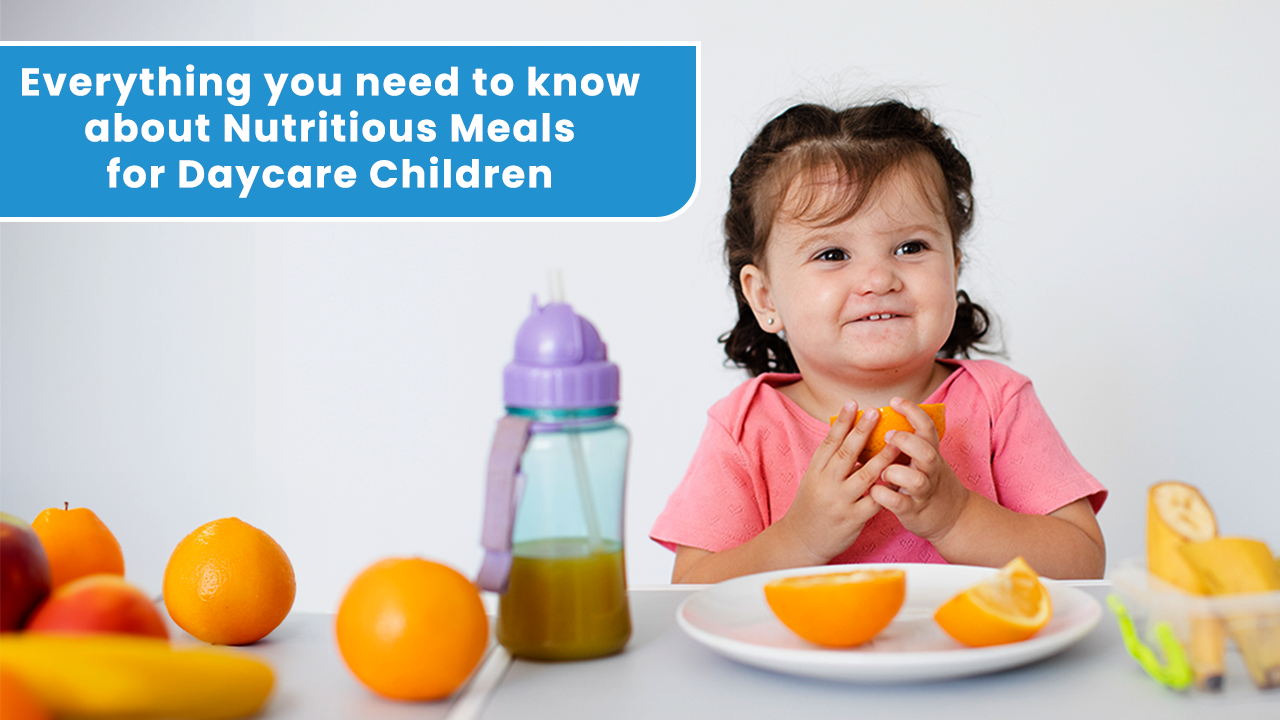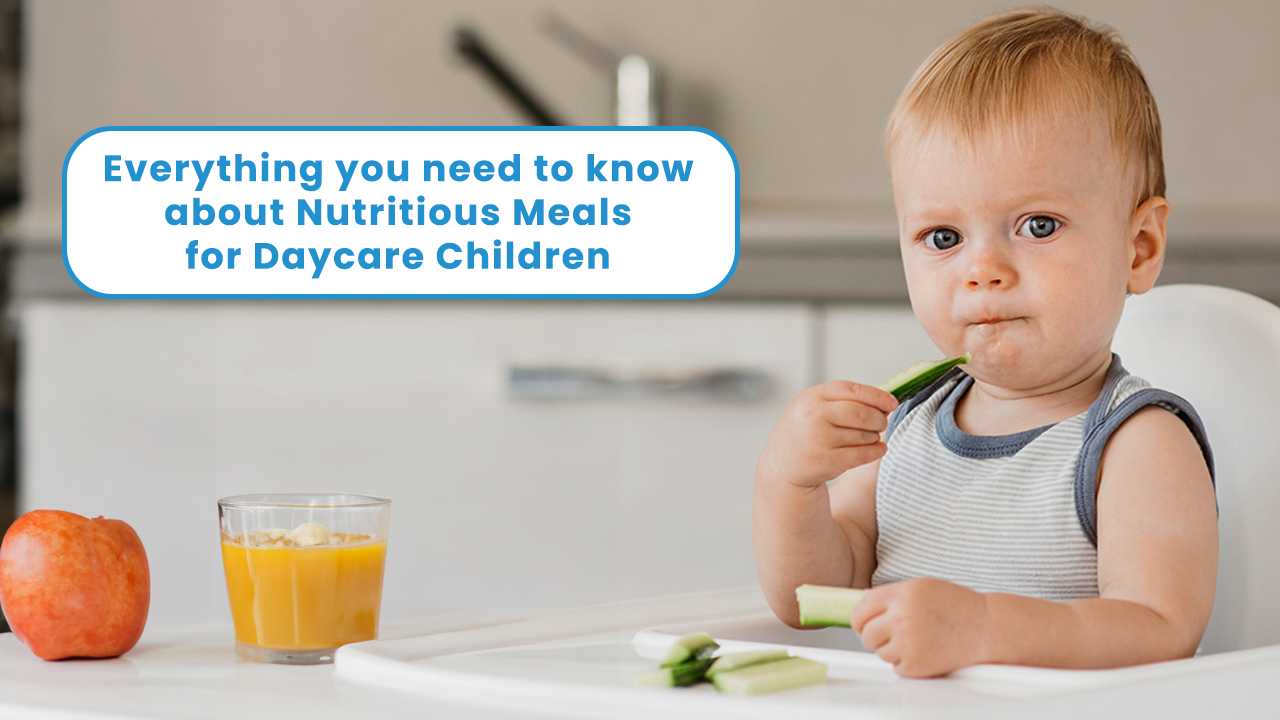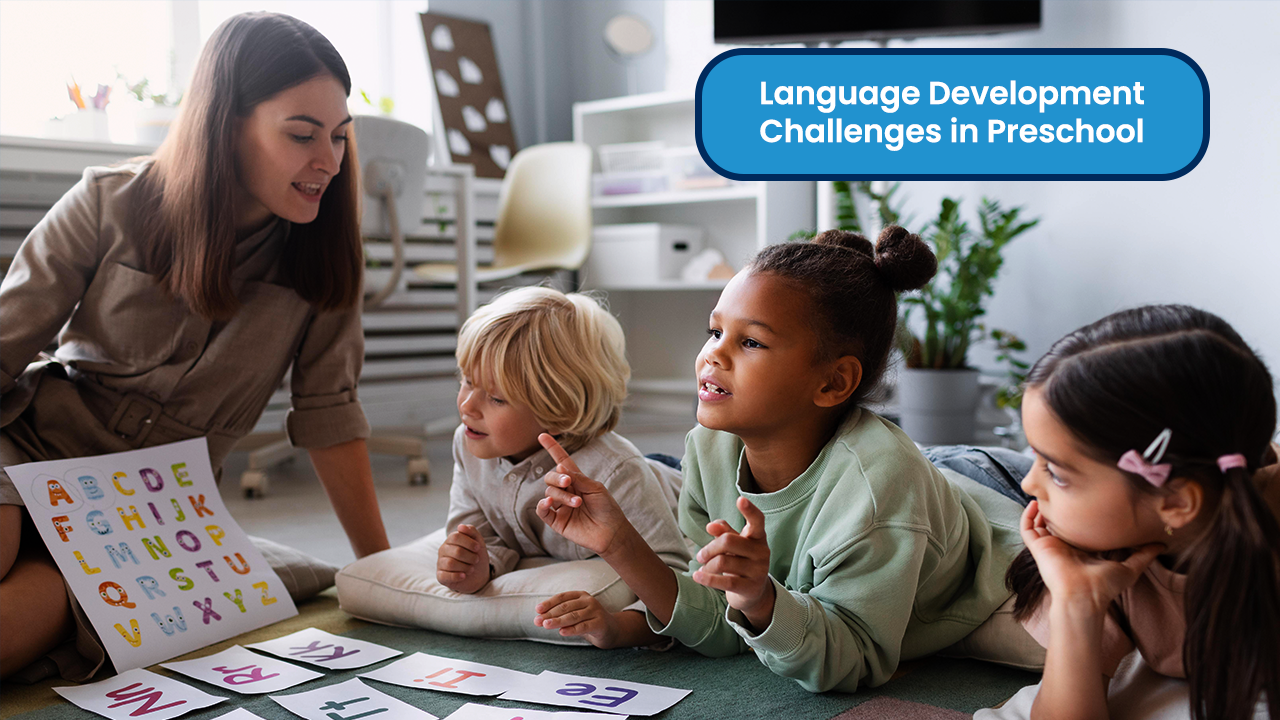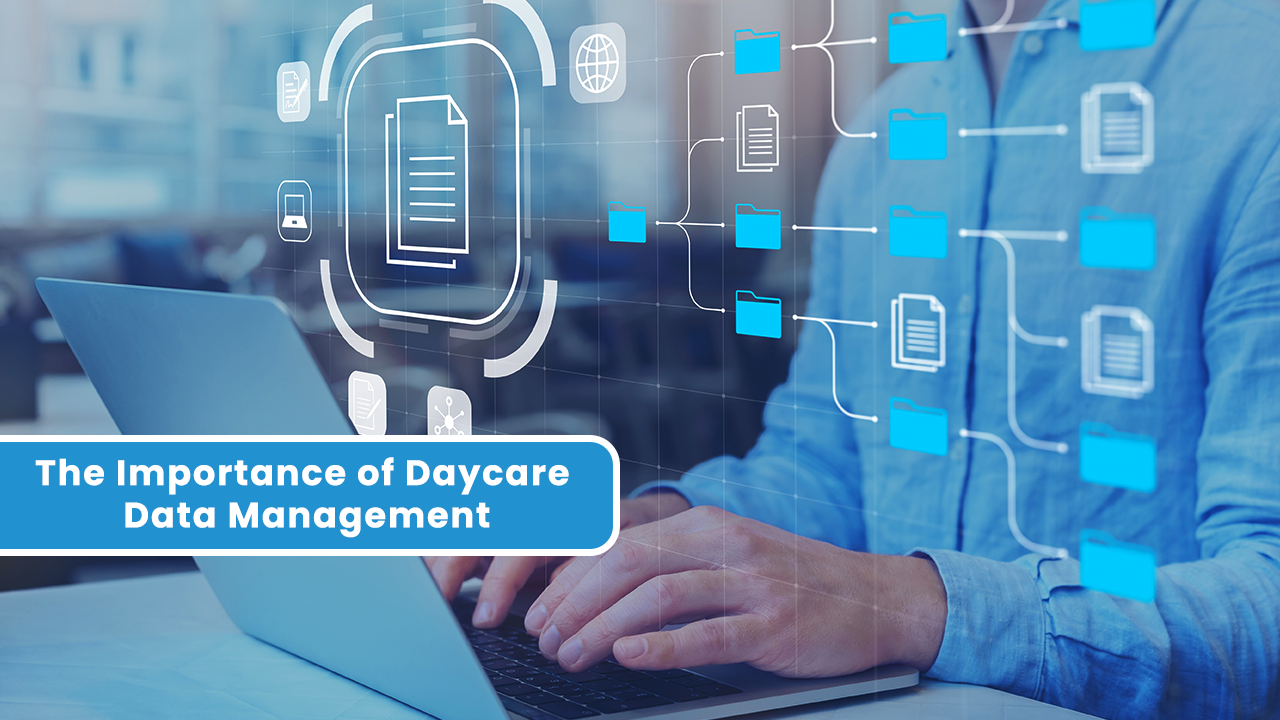
- Benefits of Nutritious Meals for Daycare Children:
- Components of Nutritious Meals for Daycare Children:
Providing nutritious meals for daycare children is crucial for their overall growth and development. As young ones spend a significant portion of their day in daycare facilities, it becomes vital for caregivers and daycare providers to offer well-balanced meals that meet their nutritional needs. In this blog post, we will explore the benefits of nutritious meals for daycare children, discuss the essential components that should be included in their meals, and provide ten recommended meal ideas to promote healthy eating habits.
Benefits of Nutritious Meals for Daycare Children:
Optimal Growth and Development:
Nutritious meals play a pivotal role in supporting daycare children’s physical, cognitive, and emotional development. Adequate intake of essential nutrients such as vitamins, minerals, proteins, and healthy fats aids in proper brain development, strengthens the immune system, and ensures healthy growth.
Improved Cognitive Function:
A well-balanced diet rich in nutrients enhances cognitive function in children. Nutrients like omega-3 fatty acids in foods like fish and flaxseeds promote brain health and help with concentration, memory, and problem-solving skills. Providing such foods in daycare meals can contribute to improved learning abilities and overall cognitive development.
Enhanced Energy Levels:
Proper nutrition ensures that daycare children have sufficient energy throughout the day. Including complex carbohydrates, such as whole grains, in their meals provides a steady release of energy and helps maintain stable blood sugar levels. This helps avoid energy crashes and supports their engagement in various activities.
Strong Immune System:
Daycare settings expose children to various germs and infections. Nutrient-rich meals containing vitamins A, C, and E and zinc and selenium help strengthen their immune system, reducing the risk of illnesses. Including colorful fruits and vegetables, whole grains, lean proteins, and dairy products in daycare meals can contribute to a robust defense against infections.
Components of Nutritious Meals for Daycare Children:
Fruits and Vegetables:
Include a variety of fruits and vegetables to provide essential vitamins, minerals, and dietary fiber. Opt for fresh, seasonal produce or frozen options when fresh ones are not available. Offer a combination of raw and cooked options to ensure a range of nutrients.
Whole Grains:
Incorporate whole grain sources like whole wheat bread, brown rice, whole grain pasta, and oats. Whole grains provide complex carbohydrates and fiber, promoting sustained energy levels and healthy digestion.
Lean Proteins:
Include lean sources of protein such as chicken, turkey, fish, beans, lentils, and tofu. Proteins are essential for the growth and repair of tissues, and they help keep children full and satisfied.
Healthy Fats:
Incorporate healthy fats like avocados, nuts, seeds, and olive oil. These fats are important for brain development, vitamin absorption, and overall health.
Dairy or Alternatives:
Include dairy products like milk, yogurt, and cheese, or plant-based alternatives such as soy or almond milk. These provide calcium for strong bones and teeth.

Things to Consider Before Delivering Nutritious Meals for Daycare Children
When it comes to delivering nutritious meals for daycare children, there are several important factors to consider. Ensuring the safety, quality, and appropriateness of the meals is crucial for the well-being of the children. Here are some key considerations to keep in mind:
Dietary Restrictions and Allergies:
Before delivering meals, it is essential to gather information about any dietary restrictions or allergies among the daycare children. Communicate with parents and caregivers to comprehensively understand individual dietary needs, such as food allergies, intolerances, or cultural preferences. This information will help you plan and prepare meals catering to each child’s requirements. Read More about Food Allergies in Daycares
Food Safety and Hygiene:
Maintaining high food safety and hygiene standards is paramount. Ensure that the kitchen and food preparation areas are clean and sanitized regularly. Follow proper food handling practices, including handwashing, proper storage of perishable items, and appropriate cooking temperatures. Implement a system to track the expiration dates of ingredients and rotate stock to ensure freshness and prevent spoilage.
Nutritional Balance:
Create well-balanced meals that incorporate a variety of food groups and provide the necessary nutrients for daycare children. Consider the recommended daily intake of fruits, vegetables, whole grains, proteins, and healthy fats. Aim to include a range of colors, textures, and flavors to make the meals visually appealing and enjoyable for the children.
Age-Appropriate Portions and Textures:
Consider the daycare children’s age and developmental stage when determining portion sizes and food textures. Younger children may require smaller, bite-sized portions, while older children may need larger portions to meet their growing energy needs. Adapt the textures of foods accordingly, ensuring that they are appropriate for the age group and that choking hazards are minimized.
Meal Presentation and Appeal:
Make the meals visually appealing to entice the children to eat. Use colorful fruits and vegetables, arrange food in attractive patterns, and incorporate fun shapes or designs when appropriate. Engage the children by involving them in the meal planning process or offering interactive meals like build-your-own tacos or salad bowls.
Feedback and Continuous Improvement:
Seek feedback from parents, caregivers, and even the children themselves. Regularly evaluate the meals and make adjustments based on feedback received. Stay updated on current nutritional guidelines and research to continuously improve the quality and nutritional value of the meals provided.
10 Recommended Nutritious Meals for Daycare Children:
- Veggie Omelet with Whole Wheat Toast
- Chicken and Vegetable Stir-Fry with Brown Rice
- Grilled Fish Tacos with Avocado Salsa
- Whole Wheat Pasta with Tomato and Vegetable Sauce
- Turkey and Vegetable Meatballs with Quinoa
- Lentil and Vegetable Soup with Whole Grain Crackers
- Mini Vegetable Pizza with Whole Wheat Crust
- Baked Chicken Nuggets with Sweet Potato Fries
- Mixed Berry Smoothie with Greek Yogurt
- Quinoa Salad with Fresh Vegetables and Feta Cheese
How 360Daycare Software Helps with Nutritious Meals for Daycare Children
Ensuring nutritious meals for daycare children requires careful planning, coordination, and record-keeping. This is where 360Daycare software can be a valuable tool for daycare providers. The software offers a comprehensive solution to streamline meal planning, menu creation, dietary management, and communication with parents. Here’s how 360Daycare software can assist with providing nutritious meals for daycare children:
Allergy and Dietary Management:
Managing allergies and dietary restrictions can be complex in a daycare setting. 360Daycare software enables caregivers to keep track of each child’s specific dietary needs, including allergies, intolerances, or cultural restrictions. The software provides a centralized database to store and access this information easily. This helps daycare providers plan meals that are safe and suitable for each child, minimizing the risk of allergic reactions or dietary issues.
Parent Communication and Menu Sharing:
360Daycare software facilitates seamless communication with parents regarding the daycare’s meal plans. The software allows daycare providers to share menus, recipes, and nutritional information with parents, keeping them informed about the meals their children will be consuming. Parents can provide feedback, discuss any concerns, or provide additional information about their child’s dietary requirements through the software’s communication features.
Record-Keeping and Reporting:
Maintaining accurate records is essential for meal planning and compliance purposes. 360Daycare software provides a centralized platform for recording meal schedules, menu changes, and dietary information. It streamlines record-keeping and generates reports related to meals, nutrition, and compliance. These reports can be useful for internal monitoring, audits, and sharing information with regulatory authorities.


